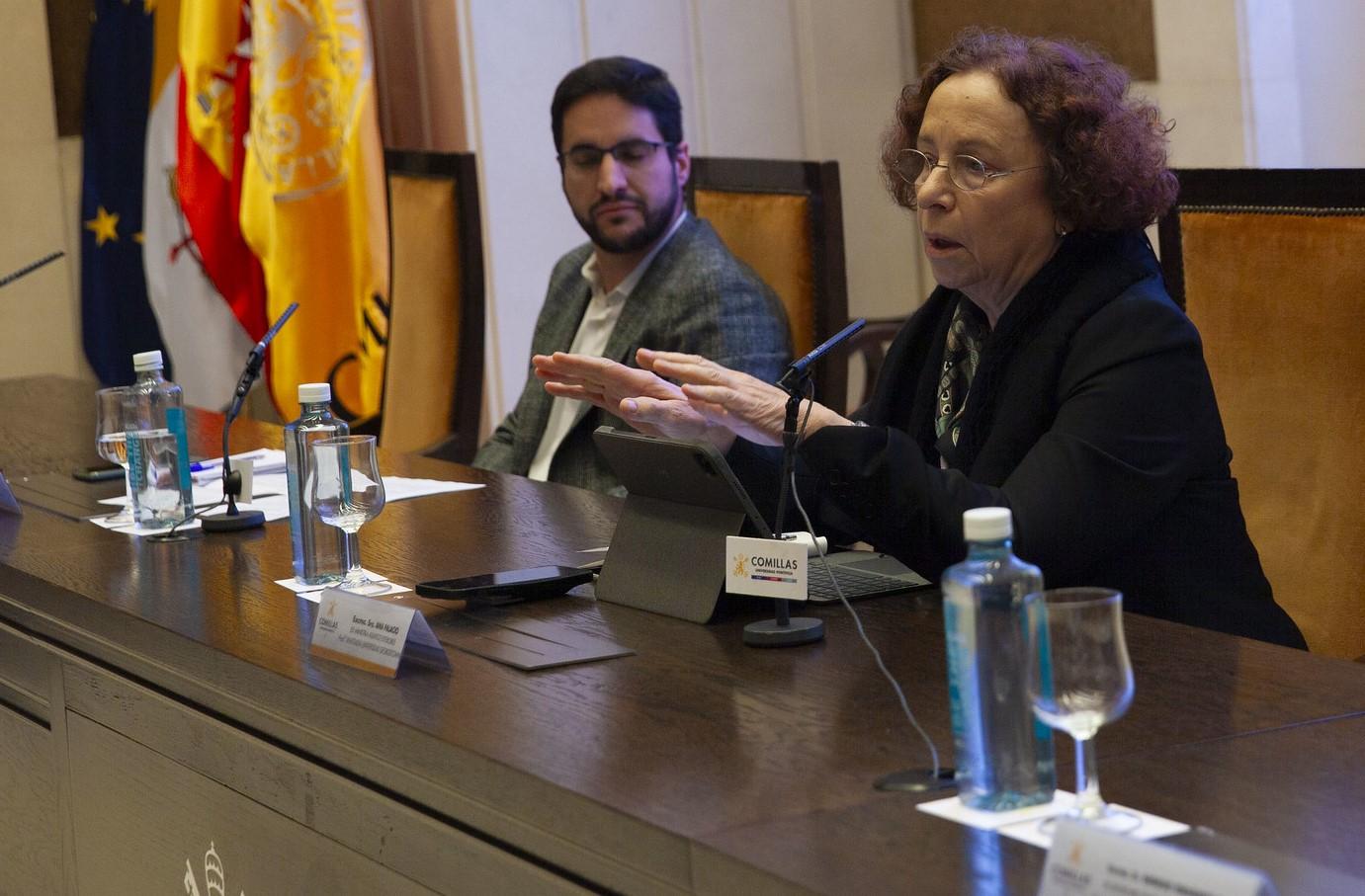The rankings highlight the internationalisation of Comillas
Comillas leads in international mobility according to the QS Europe 2025 and holds third place in internationalisation according to the Fundación CyD

11 November 2024
In a globalised world, where knowledge does not recognise borders, the university has a fundamental responsibility as a generator and transmitter of knowledge. Its role goes beyond national boundaries and it must create, share and adapt knowledge that, while responding to local needs, has global impact and reach. Internationalisation allows the university to connect with the world, contributing to a cultural and academic exchange that enriches students, lecturers and the communities in which this knowledge is applied.
Comillas Pontifical University has more than met this responsibility, as demonstrated by the results of the national and international rankings that have recognised this commitment. Thus, the CYD Foundation, in the eleventh edition of the CYD Ranking, places Comillas in third position in the ranking for International Orientation. Also, the latest edition of the QS Europe 2025 ranking, prepared by QS World University Rankings, once again places Comillas at the head of Europe in international mobility, specifically, among the ten European universities with the highest number of exchanges. Comillas Pontifical University is ranked 1st in Spain in mobility, 6th in Europe and 3rd in Spain in inbound exchange students, and 7th in Europe and 1st in Spain in sending international students(outbound exchange students).
This recognition not only reflects the excellence of the university, but also the international vocation of the Society of Jesus, which has sought since its beginnings to bring the word of God, love and justice to all corners of the world. This vocation translates into an educational orientation towards global service, with the aim of training professionals committed to justice.
Internationalisation as an indicator
International presence not only reflects an institution's prestige and adaptability, but also its commitment to preparing students for a global context. Thus, indicators that measure a university's success in the area of internationalisation feature prominently in the rankings, underlining the value of this aspect in today's academic environment.
To assess internationalisation, the rankings use holistic indicators covering various aspects. Some of these include the percentage of international faculty and students, student mobility to and from other countries, the percentage of internships students undertake abroad, and the provision of programmes and degrees in different languages. These factors give a comprehensive picture of a university's global reach and its ability to attract, train and retain talent from various parts of the world.
You may also be interested in

The university has been a pioneer in many fields and a benchmark for quality for 120 years

Comillas CIHS organised a conference dedicated to analysing the situation of foreign policy in the Middle East in collaboration with the EUPeace alliance

